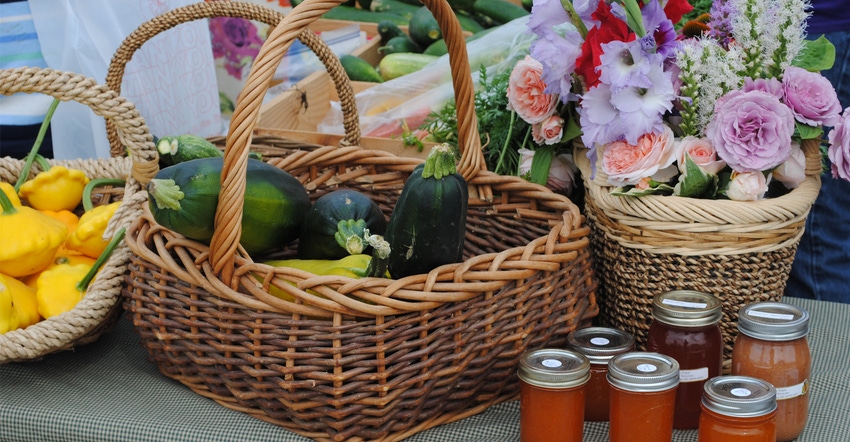October 3, 2022

Is there anything I can do in my garden during fall to reduce insect pest pressure next season? This is a fairly common question asked by gardeners. One thing that should not be done in fall is applying an insecticide to soil or plant debris.
Over the years, I’ve been asked if spraying the soil will kill insects. While some insects do spend the winter in garden soil, they cannot be controlled this way.
Targeted approach
When using a pest management practice, be sure it is targeting the correct pest at the right time. Positively identify the true cause of plant damage. If it is an insect, know that most vegetable insects are managed when present on the plant during the growing season.
An important fall practice is sanitation, which is removing or tilling under plant debris. Residue left in the garden can harbor insects and diseases. Be sure to pick up and discard fallen fruit as it drops to the ground throughout the season. Manage nearby weeds as some garden pests overwinter in weedy areas.
Sanitation is a good practice to use in vegetable gardens where the majority of plants are annuals and removed or tilled under each year. It is best to deal with plant residue soon after harvest or once the plant dies. This reduces the number of insects that may move into soil for winter.
While fall tillage can kill some insects, know that excessive tilling with a rototiller damages soil structure. An alternative is to remove plant residue by hand, then rake the area smooth. Turning the surface area over with a shovel can also expose insects to the elements.
Some insect eggs or pupae may overwinter on equipment such as tomato cages. While diseases are more likely to overwinter this way, clean and sanitize garden tools and structures. Wash off soil and plant debris, then sanitize with a 10% bleach solution.
Rotation
Crop rotation remains an important practice for minimizing pest damage. If you do not have a garden plan on paper, create one now while this year’s plant locations are fresh in your mind. Next season, avoid planting the same vegetable or vegetables from the same family in the same areas.
Make note of plant varieties that had a pest problem, and avoid these next year if feasible. If you recall when insect damage showed up, make note of that. For example, with bean leaf beetles, if you planted in succession, which succession had the most damage and could this one be avoided next year?
Insects could be called smart. We have to try and be smarter to best manage their damage while also conserving beneficial insects. This winter, take time to learn about the garden insects you deal with. When do they need to be managed, and what are the best methods to use? Nebraska Extension is one resource to use.
Feehan is a Nebraska Extension community environment educator based in Columbus, Neb.
You May Also Like




